


Carbon finance is a powerful tool in the fight against climate change. However, nature-based carbon projects are complex. Although they can potentially provide a funding stream for conservation projects, they require a high level of understanding before implementation. This course is the first step to gaining this understanding. We begin with basic concepts and take participants through case studies and examples from African carbon projects. We discuss barriers and opportunities and ultimately provide the training to equip you to participate in the exciting developments in carbon finance for conservation.
Begin your journey with a thorough understanding of the carbon cycle and carbon sequestration—fundamental concepts that will set the stage for your success.
Explore detailed case studies and real-world examples of successful carbon offset initiatives to see theory in action.
There are numerous examples of carbon projects across Africa, some good and some bad. Review previous and current African carbon projects to understand the lessons learned.
This course is perfect for professionals in the African conservation sector looking to deepen their expertise in carbon finance. Whether you’re a conservationist, policymaker, environmental consultant, business looking to purchase carbon credits or NGO worker, you’ll gain the tools and knowledge to effectively leverage carbon offsets in your projects.
This module introduces the course, focusing on the carbon cycle, carbon sequestration processes, and the development of carbon finance. It covers the history and significance of international agreements such as the UNFCCC, Kyoto Protocol, and Paris Agreement, which form the foundation for carbon trading and offset projects.
1 week
This module provides an overview of national and international policies governing forest and land use, including key agreements like the UNFCCC and REDD+. It explains the types of AFOLU projects, such as reforestation and afforestation, and discusses the benefits of forest and land use offsets. The module also includes a case study on REDD+ initiatives and future trends in policies.
1 Week
This module delves into the principles and practices of carbon accounting and verification for forest and land use projects. It covers the 10 core principles of the ICVCM, key steps in carbon accounting, and major standards for verification such as Verra (VCS), Gold Standard, and ACR. It addresses the challenges of carbon accounting and verification, including measurement complexities and data quality issues.
1 Week
This module focuses on the development phases of carbon offset projects, including conceptualization, planning, implementation, and monitoring. It covers the identification of carbon offset opportunities, stakeholder engagement, feasibility studies, and project financing. The module includes case studies and examples of successful projects.
1 Week
This module discusses the credibility crisis in carbon markets, highlighting the issues and concerns related to the 10 core principles of the ICVCM. It provides mitigation strategies, best practices for addressing credibility issues, and ways to enhance transparency and accountability. The module also focuses on ensuring the long-term sustainability of forest and land use carbon offset projects through community involvement and continuous monitoring. This module includes case studies of projects which have experienced significant challenges, and provides recent developments within the sector.
1 Week
Understand the principles of the carbon cycle and arbon sequestration in African ecosystems.
Understand the basics of carbon offset projects and how they can be implemented in forest and land use sectors.
Understand the role of forest and land use policies in facilitating carbon offset projects.
Be able to conduct carbon accounting and verification for forest and land use carbon offset projects.
Be able to identify and address the challenges of implementing effective forest and land use carbon offset projects.
Minimum of 1 year work experience
Basic knowledge of the carbon cycle, greenhouse gas emissions and climate change and Basic knowledge of project development and management
Basic understanding of environmental policies and regulations.
Access to good internet and a computer
Limited merit-based partial funding slots are available. These will be awarded after a detailed selection process. Full funding is not available.